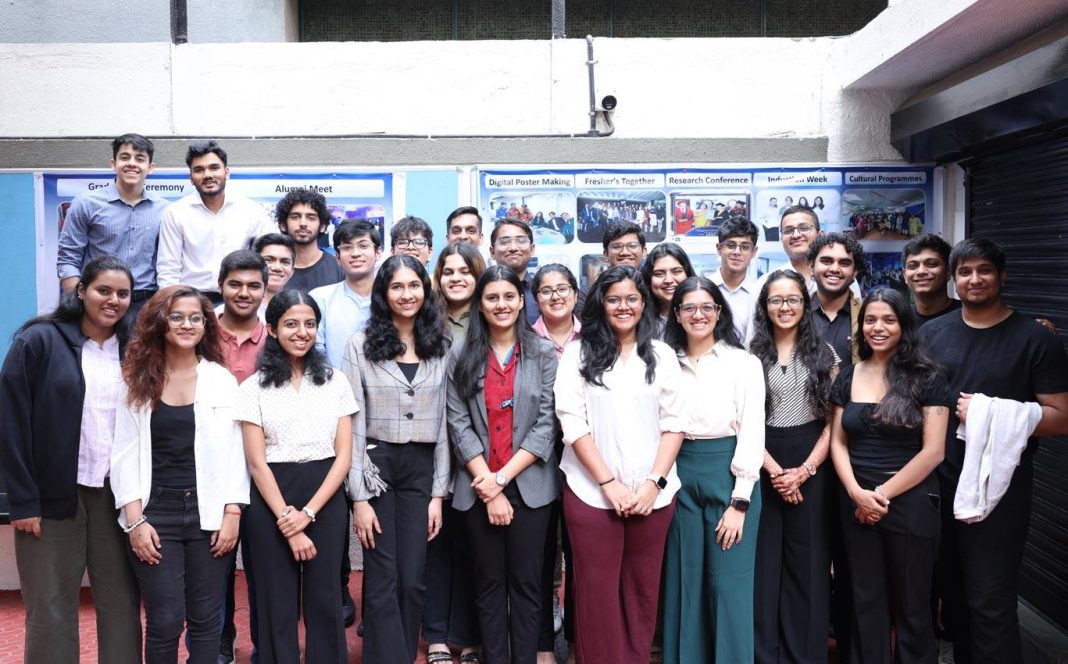In recent years, the escalating pressures within competitive academic environments have sparked significant concern among educators, parents, and mental health professionals alike. As educational institutions increasingly prioritize high-stakes testing and rigorous academic benchmarks, the resultant atmosphere often breeds undue stress among students, particularly children who are in their formative years. This phenomenon not only raises questions about the efficacy and ethical implications of such educational paradigms but also necessitates a critical examination of their impact on children’s mental health and overall well-being. By dissecting the intricate dynamics of these environments, this article aims to shed light on how the relentless pursuit of academic excellence may inadvertently compromise the holistic development of young learners, urging stakeholders to reconsider the balance between competition and nurturing a healthy, supportive learning experience.
Factors Contributing to Stress in Competitive Academic Settings
In the high-pressure world of academics, several key elements contribute significantly to the mounting stress experienced by students. Performance expectations are often at the forefront, where the relentless pursuit of excellence can overshadow the joy of learning. Parents and educators, sometimes unwittingly, set lofty standards that can lead to anxiety and a fear of failure among students. This pressure to achieve consistently high grades and secure top positions in class rankings creates an environment where self-worth becomes intertwined with academic success.
- Peer competition: The constant comparison with classmates fuels a competitive atmosphere that can be detrimental to a child’s mental health.
- Time management: Balancing schoolwork, extracurricular activities, and personal time becomes an overwhelming task, leaving little room for relaxation.
- Standardized testing: The emphasis on exams as a primary measure of intelligence and potential can be a significant stressor.
- Lack of support: Insufficient emotional and psychological support systems in schools can exacerbate stress levels.
Moreover, the digital age introduces another layer of complexity. Social media and online platforms can amplify stress by perpetuating a culture of perfectionism and comparison. Students often feel pressured to present an idealized version of their lives, further adding to their mental load. These factors, compounded by a lack of adequate coping mechanisms, create a challenging environment where stress becomes a pervasive issue.

Analyzing the Psychological Impact on Childrens Well-being
In today’s fast-paced educational landscape, the psychological well-being of children is increasingly at risk due to the pressures of competitive academic environments. Children are subjected to intense academic demands, which often lead to anxiety, depression, and a diminished sense of self-worth. As educational institutions and parents strive for excellence, they inadvertently create a culture where children feel valued only for their achievements rather than their intrinsic qualities. This relentless pursuit of success can hinder the development of crucial life skills such as resilience and adaptability, which are essential for long-term personal and professional fulfillment.
- Increased Anxiety and Stress: Constant pressure to perform well academically can lead to chronic stress and anxiety, affecting children’s mental health.
- Impact on Self-esteem: A focus on grades and rankings may cause children to equate their self-worth with academic success, impacting their confidence and self-esteem.
- Reduced Creativity and Critical Thinking: The emphasis on rote learning and standardized testing can stifle creativity and critical thinking, skills that are vital in a rapidly changing world.
It’s essential for educators and parents to foster an environment that prioritizes mental health alongside academic achievement. By recognizing the signs of stress and implementing supportive measures, we can create a balanced atmosphere where children can thrive both academically and emotionally.

Long-term Consequences of Stress-Induced Academic Pressure
In today’s competitive academic settings, the weight of expectations can lead to profound long-term implications on a child’s well-being. Chronic stress from academic pressures can manifest in various ways, affecting both mental and physical health. Anxiety and depression are common psychological outcomes, as students constantly grapple with the fear of failure and the pressure to outperform peers. This emotional burden often extends beyond school walls, impacting social interactions and reducing overall life satisfaction.
Moreover, the constant strain can lead to detrimental physical effects. Insomnia, headaches, and weakened immune systems are frequent complaints among stressed students, which in turn can lead to poor academic performance—a paradoxical outcome of the very pressure intended to enhance achievement. The stress also fosters an unhealthy competitive mindset, promoting a culture where students may resort to unethical practices like cheating. Addressing these issues requires a shift towards educational environments that prioritize holistic development over mere academic excellence.
- Psychological Impacts: Anxiety, depression, and social withdrawal
- Physical Symptoms: Insomnia, headaches, weakened immunity
- Behavioral Changes: Unhealthy competition, potential for unethical practices

Effective Strategies to Foster a Balanced Learning Environment
To alleviate the pressures of competitive academic settings, educators and institutions can employ a variety of strategies that nurture a more balanced learning environment. One effective approach is to focus on individualized learning plans. By tailoring educational experiences to each student’s unique strengths and areas for improvement, educators can foster a more personalized and less stressful atmosphere. This not only enhances student engagement but also allows for a more profound understanding of the material.
Another strategy involves promoting a culture of collaboration over competition. Encouraging group projects and peer learning can help shift the focus from outperforming classmates to achieving shared goals. This method emphasizes the value of teamwork and collective problem-solving, which are essential skills in the real world. Additionally, incorporating regular mindfulness practices such as meditation or breathing exercises can help students manage stress and maintain focus. By integrating these strategies, educational environments can become spaces where students feel supported and motivated to learn at their own pace.
- Individualized Learning Plans: Tailor education to students’ needs.
- Collaboration Over Competition: Foster teamwork through group projects.
- Mindfulness Practices: Incorporate meditation and breathing exercises.



